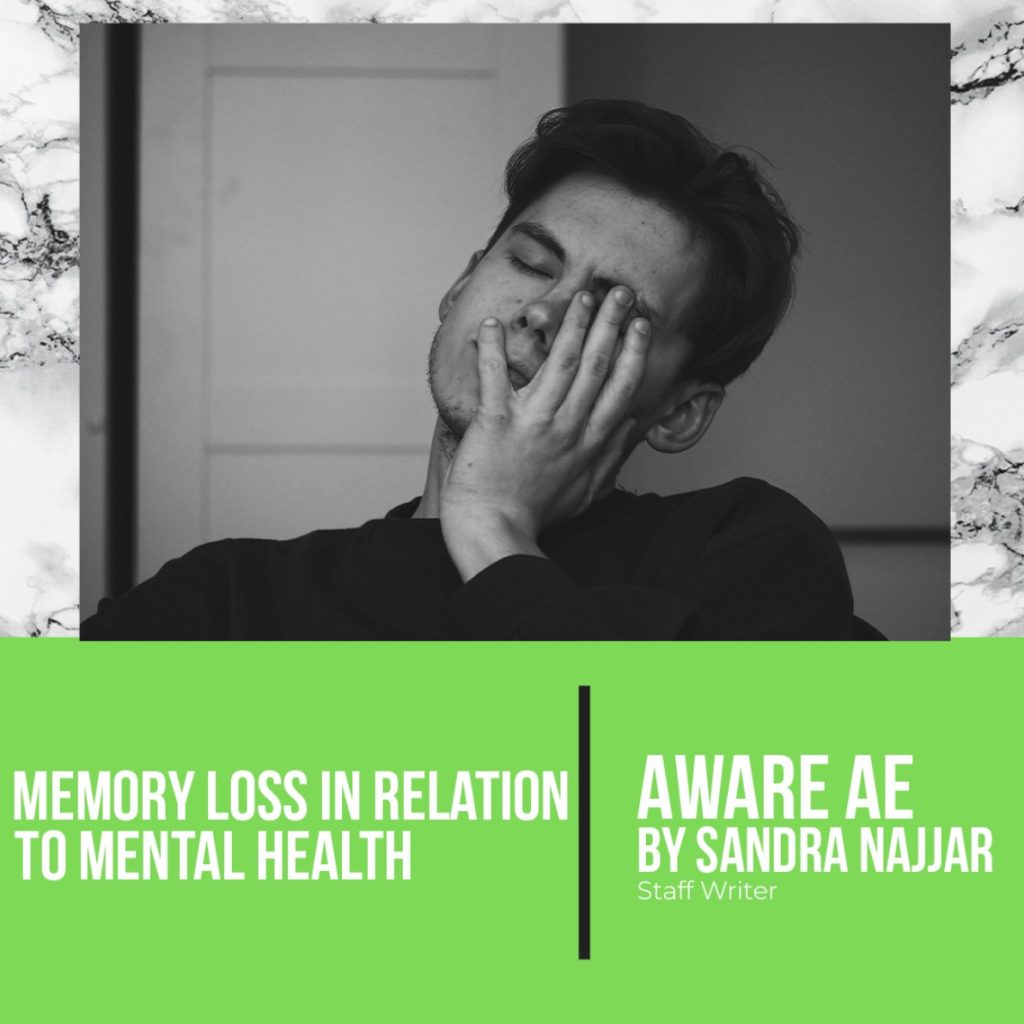Memory loss has long been known for resulting from physical traumas to the brain. However, what is also prevalent but has failed to become common knowledge is memory loss as a result of mental illness. If you are someone living with an anxiety disorder or depression and are experiencing memory loss, there is actually a scientific explanation to all of this, and there might be a way to make things better.
How does it present itself?
Anxiety-induced memory loss can often be a dangerous cycle. Being anxious can cause you to have problems remembering things — whether it be a specific event from the past or a small detail — and this forgetfulness can often cause more anxiety. Anxiety-induced memory loss may consist of a general fogginess regarding events in the past and small details surrounding everyday life. Some people experience a general fogginess due to anxiety. Others are able to remember certain moments from the past but might have trouble recalling the specifics.
Research shows that depression can affect memory and cognition in diverse and surprising ways. Researchers in one 2013 study found that those with depression could not identify objects on a screen that were identical or similar to an object they had seen previously. Depressed people have proven to have trouble remembering fine details of events they experienced. General experiences, like a vacation, come to mind easily. However, specifics, like an enjoyable meal from the vacation, may be very hard to recall. In addition, prospective memory tends to suffer as a result of depression.
Why does it happen?
When feeling anxious, the brain produces a stress response, also known as the fight-or-flight response. This increases levels of adrenaline and cortisol. Too much cortisol affects our brain negatively and may impair memory. For the chronically anxious person, these chemical processes can happen every day, even several times a day, meaning the probability of losing memories increases.
Overwhelming stress as a result of traumatic events such as war, abuse, accidents, or disasters has been linked todissociative amnesia. This occurs when a person blocks out certain information, usually associated with a stressful or traumatic event. This leaves a person unable to remember important personal information. With this disorder, the degree of memory loss goes beyond normal forgetfulness and includes gaps in memory for long periods of time.
In addition, the ruminative thoughts characteristic of depression could make it hard for people to concentrate on other tasks. Rumination, or fixating on upsetting situations or events, occupies neural resources that the brain could spend on other things, like memory. Depression can also cause problems with healthy sleep, which can make it more difficult to remember information.
Treatment
Oftentimes, when anxiety is treated, the memories may resurface. Even if a painful memory is completely blocked out at the moment, it could return later as less painful. The best way to help memory loss that is a result of mental illness is to treat the root of the issue. Therapy or speaking to a professional is very recommended in such a case. If you are feeling afraid because of the memory loss, take it easy on yourself. Being tough on yourself and forcing yourself to remember will only make the pain and loss worse.
